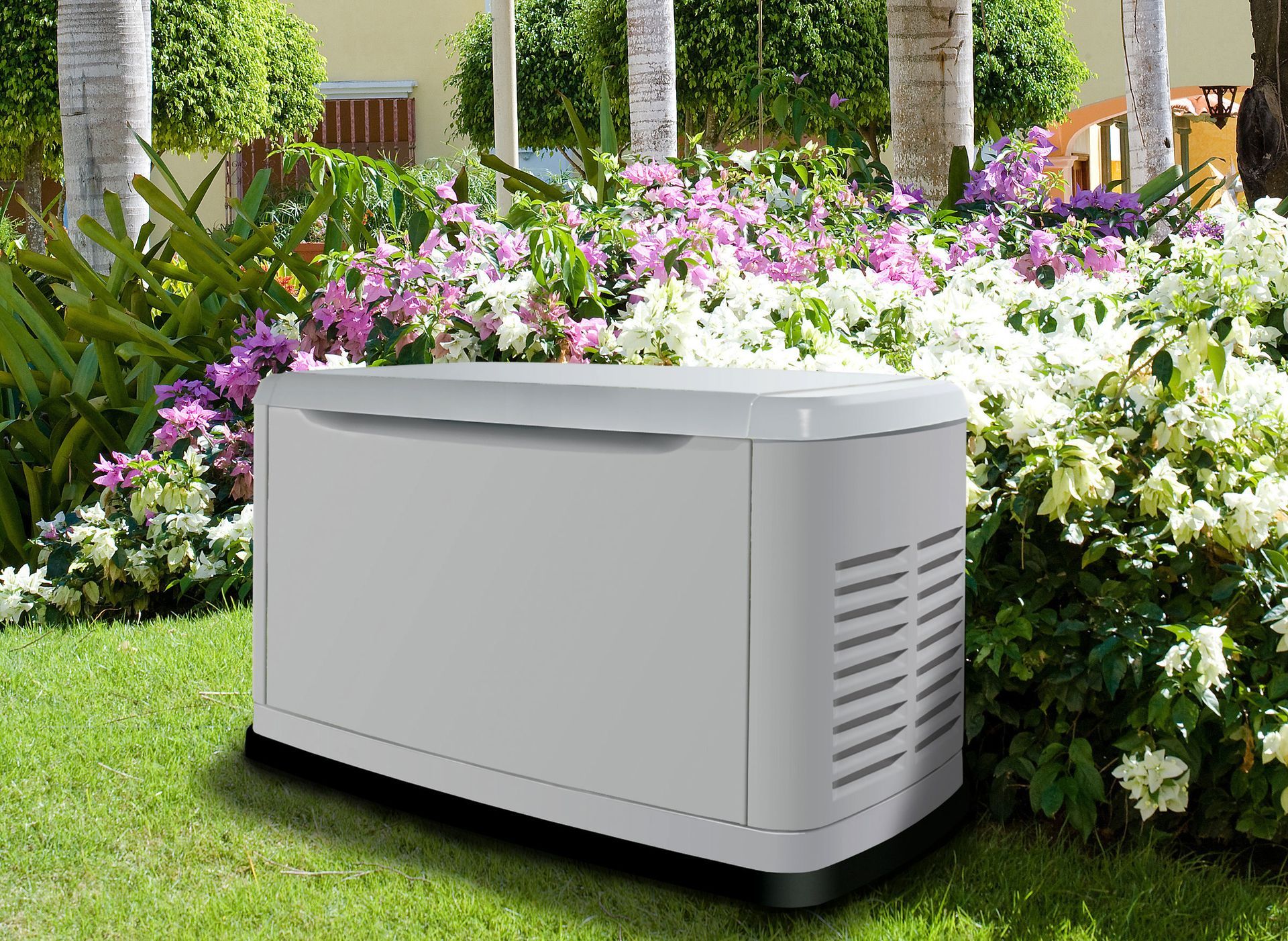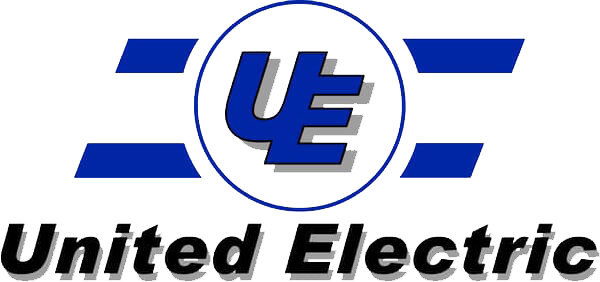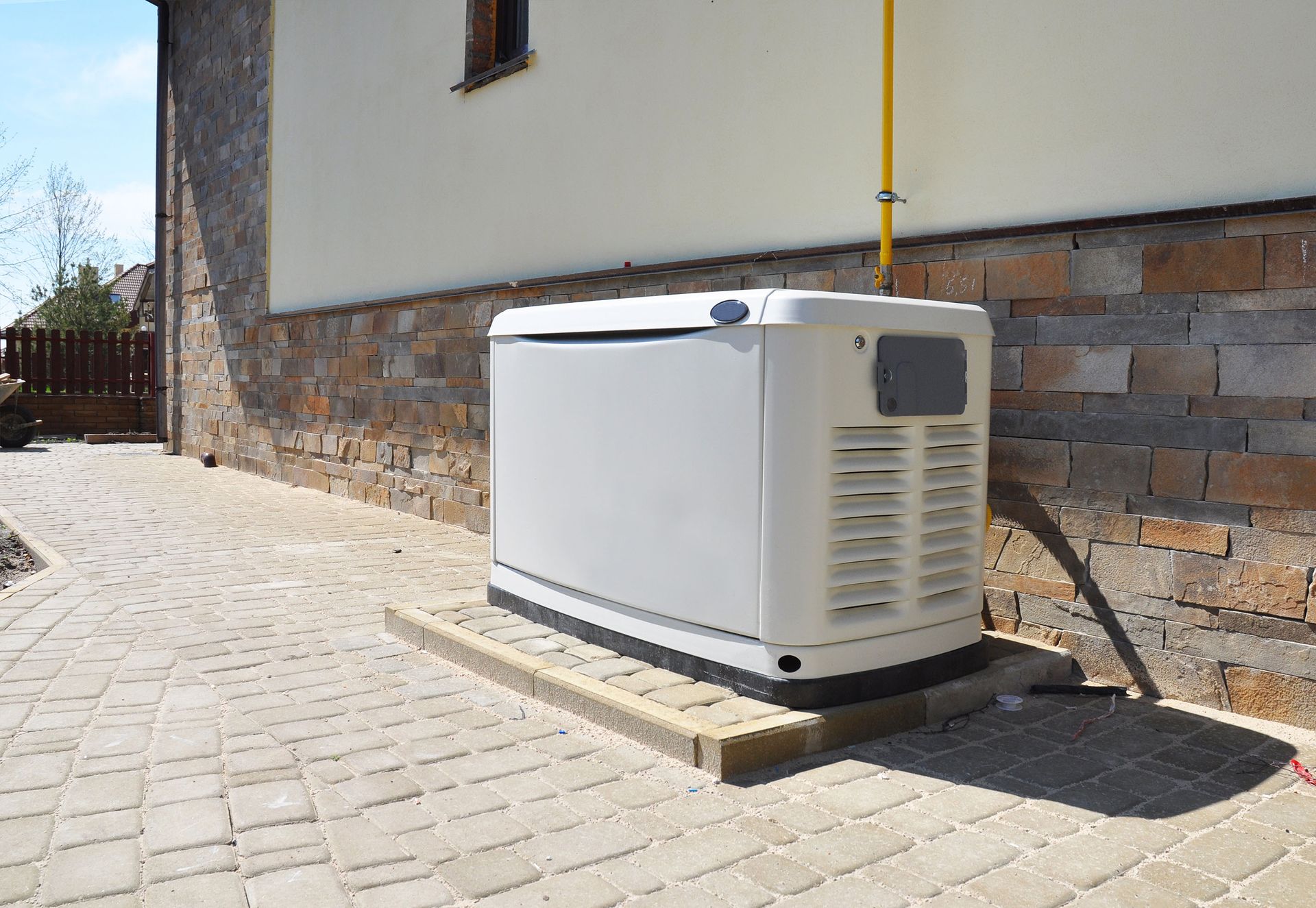4 Things to Expect With a Generator Installation
As power outages become more common due to natural disasters and grid failures, the installation of a generator has become a must-have for many homeowners. Whether you're looking to secure your home or simply ensure uninterrupted power for your daily activities, installing a generator can offer you peace of mind. Here are some key things to expect with a generator installation to help you better prepare for the process.
1. Initial Assessment and Cost Estimates
When you decide to install a generator, the first step usually involves an initial assessment by a qualified technician. They'll analyze your home's electrical needs, determine the best location for the generator, and provide you with a detailed cost estimate. This initial evaluation is crucial for identifying the right generator size and type that will meet your power needs efficiently.
2. Permitting and Regulations
Installing a generator is not as simple as plugging in an appliance. The process typically requires securing various permits and adhering to local electrical and building codes. According to Electrek, 84% of Americans worry about power outages, and 26% feel vulnerable to them, making the regulatory barriers worth overcoming to ensure you're legally protected. A professional installer will guide you through obtaining the necessary permits and ensuring that your installation complies with all relevant regulations.
3. Installation Process and Timeline
The actual installation can be broken down into a few key phases. First, the site preparation involves setting up the foundation and ensuring proper ventilation. This is followed by the electrical wiring and gas line connections, which are often the most intricate parts of the process. In our experience, a straightforward installation can take anywhere from a couple of days to a week, depending on the complexity and requirements of your home.
4. Post-Installation Testing
After the installation is complete, it's essential to conduct thorough testing to ensure the generator operates correctly. This includes checking the connections, functionality, and safety features. A reputable installer will walk you through the operational process and provide maintenance tips to maximize the lifespan of your generator.
Installing a home generator involves several critical steps, from an initial assessment to navigating through permits and completing the actual installation. These stages are essential for ensuring that your generator operates safely and effectively. With power outages becoming a growing concern for many Americans, investing in a generator not only offers convenience but also significant peace of mind. If you're considering a generator installation for your home, don’t hesitate to reach out to United Electric. Our experienced team is ready to assist you in securing reliable power for your household. Contact us today to get started!

serving
Manatee County, FL
Sarasota County, FL
and surrounding areas
Business Hours
- Mon - Fri
- -
- Sat - Sun
- Closed
24/7 Emergency Services





Share On: